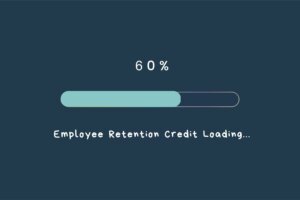• A capital campaign is not a “fundraiser.” It is as far beyond a dinner event as building a motorcycle is beyond building a skateboard.
• A capital campaign is not for the faint of heart. In conducting a capital campaign, an organization puts its credibility and its future on the line.
It is one of, if not THE most important and risky things a nonprofit organization will ever do !! Should a campaign fail — as many do (because of poor planning, lack of long-term preparation, inadequate fundraising skill, and/or insufficient campaign experience), an organization’s credibility and future fundraising prospects can be harmed, irreparably.
• A Capital Campaign is not (for the most part) about the needs of the NPO. It’s mostly about the needs of the potential donors. The question is, in essence, “What will the donor get by gifting/committing a large sum of money to support a specific project?
• A Capital Campaign is not for Public Awareness … until you’re ready to announce the campaign. And you don’t announce a campaign until (at least) 60% of the goal has been reached – 80% is better, 100% is best. (More on this, later). You don’t even discuss the possibility of a campaign outside of the organization’s leadership.
In the context of public awareness, a capital campaign should be pretty much completed before there is any groundbreaking or other visual sign that there is or will be a need to raise money. Beginning the project that the campaign will fund before the campaign begins, (strongly) suggests that the organization already has most or of the needed funding.
• Capital campaigns cannot be an excuse to raise a lot of money – there must be a goal that relates to specific URGENT needs.
• A capital campaign is not an effort that should be taken on by the inexperienced, even after reading my entire series of postings on the subject.
Capital campaigns are a synthesis of everything else we do in development; but, because much of it takes place in a relatively short timeframe, and because so much more is at risk, the skills and experience required to design and implement these efforts must be at a level much higher than those needed for ongoing fundraising.
=-=-=-=-=-=-=-=-=-=-=-=-=-=
Have a comment or a question about starting or expanding your basic fundraising program, your major gifts fundraising program, or a capital campaign? Email me at AskHank@Major-Capital-Giving.com. With over 30 years of counseling in major gifts, capital campaigns, bequest programs, and the planning studies to precede these three, we’ll likely be able to answer your questions.
 Sections of this topic
Sections of this topic
















